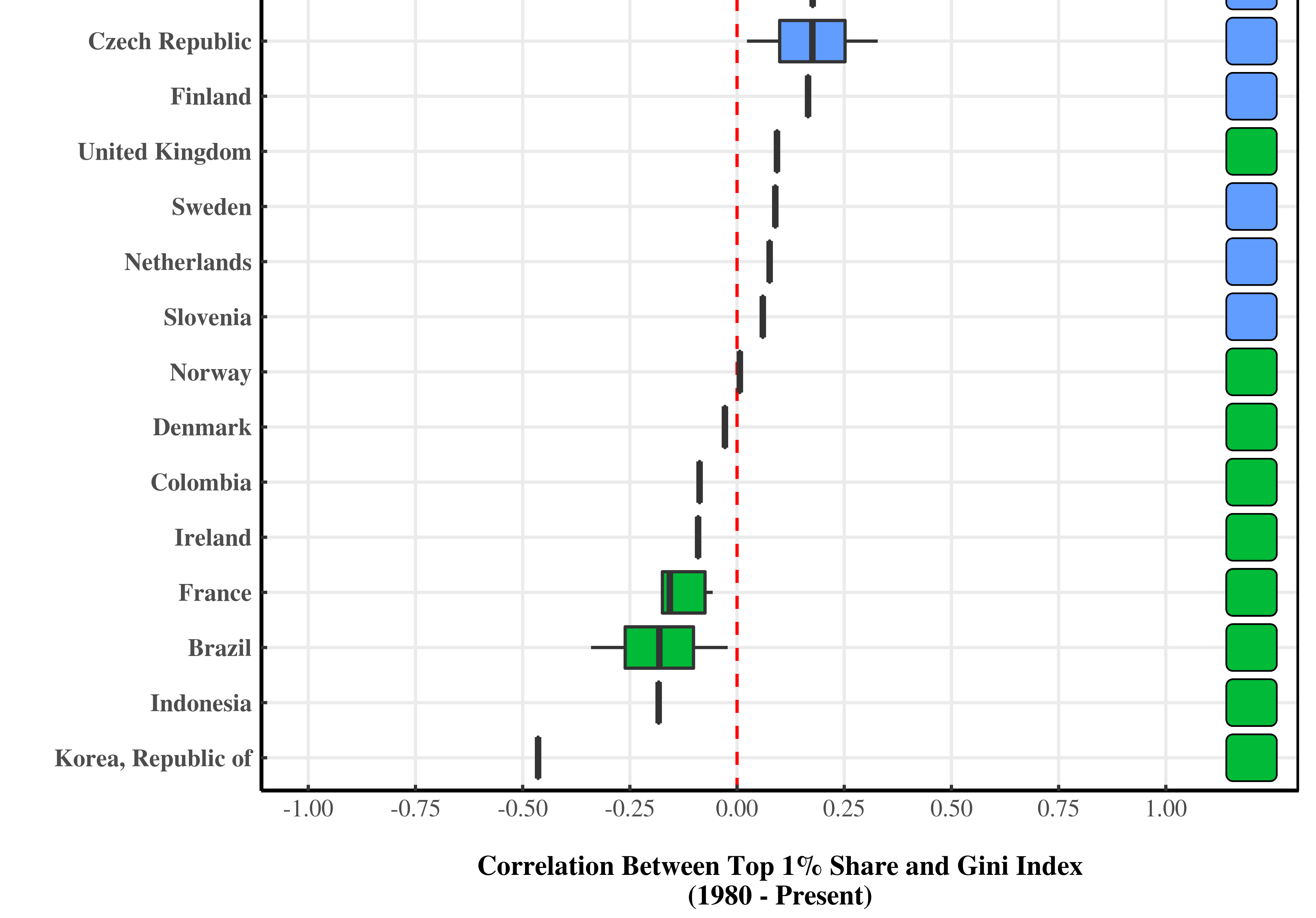Originally published on Economics from the Top Down Blair Fix In Problems With Measuring Inequality, I discussed how inequality is an ambiguous concept. The problem, in short, is that a single metric can never capture every aspect of a distribution of income. Much like we cannot tell the shape of an object from its perimeter […]
Continue ReadingTrump, US Public Debt, and the Future of Global Financial Power
Sandy Hager The following post is based loosely on my presentation at the first annual Thammasat University-Conference for Asia Pacific Studies in Phuket, Thailand (8-9 December 2016). What a difference a few months makes. This past summer I published a piece in the European Journal of International Relations on the role of US Treasury securities […]
Continue Reading

